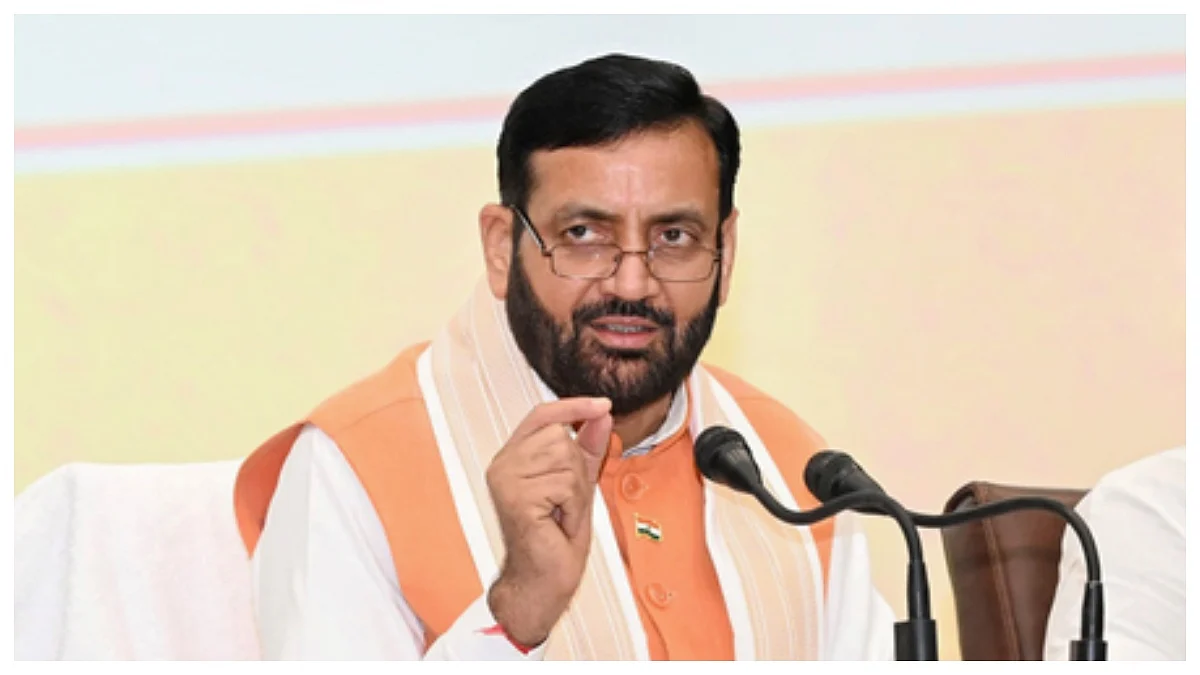KPMG in India today released its report, “India’s Digital Dividend: A Strategic Roadmap Towards Becoming a Global Digital Leader,” on the sidelines of the World Economic Forum Annual Meeting 2025 in Davos.
The report delves into how India's digital economic and societal benefits coupled with advancements in digital infrastructure, AI, and emerging technologies, have amplified its role in reshaping the global digital economy.
AI at the forefront of digital advancements: Here's how
The report highlights India’s capacity to leverage technology to tackle critical issues, from fostering sustainable governance and creating job opportunities to driving modern urban planning and combating climate change.
In alignment with the vision of Viksit Bharat 2047, this strategic roadmap outlines the critical steps needed to position India as a global leader in the digital economy.
The report outlines core factors, briefly listed below, that will determine the journey of Viksit Bharat 2047 to drive long-term, inclusive growth.
AI and Emerging Technologies for Resilience: Addressing the World's Polycrisis
The role of public-private partnerships (PPPs) in driving digital transformation across key sectors such as healthcare, education, and fintech is crucial. These collaborations are not only enhancing equitable access to digital services but also ensuring scalability and long-term sustainability. By leveraging AI and emerging technologies, we can solve complex global challenges, helping build resilient systems that support economic and social stability.
India emerging as a Leader in AI Skills Among G20 Nations: Pioneering Predictive Analytics and Automation
India is rapidly adopting AI technologies, bolstered by a strong engineering base and leadership in predictive analytics and automation. The success of initiatives like the Smart Cities Mission showcases how public-private partnerships are driving scalable, inclusive digital transformation. This makes India a global leader in shaping the future of AI, setting a benchmark for other nations to follow.
Workforce in 2025 and beyond - Hybrid Work and Gig Economy: India's Blueprint for a Resilient Future Workforce
As the future of work evolves, it is essential to upskill the workforce in emerging technologies such as AI, blockchain, and IoT. With the rise of hybrid work models and the gig economy, the need for virtual mentoring, AI-powered performance reviews, and establishing social safety nets for gig workers becomes paramount. AI interventions can amplify human capabilities, enabling more efficient work processes.
Strategic Actions for Success in the Digital Age: Innovation Clusters and Robust Governance
To accelerate innovation, we must establish innovation clusters, co-invest in R&D, and foster cross-sector collaboration. Transparent governance frameworks are equally important to ensure that progress remains ethical and sustainable. By uniting businesses, governments, and academia, we can drive transformative solutions across sectors such as fintech, smart cities, and digital connectivity, laying the foundation for a digitally empowered future.
Governance Frameworks: Ensuring Data Privacy, Cybersecurity, and Ethical AI in India's Digital Ecosystem
The importance of robust governance frameworks prioritizing data privacy, cybersecurity, and compliance, and how initiatives like DEPA and the Digital Personal Data Protection Act support secure and transparent digital platforms. The report highlights the need for businesses to make ethical AI a core part of their governance, ensuring AI models are transparent, fair, and free from bias.











